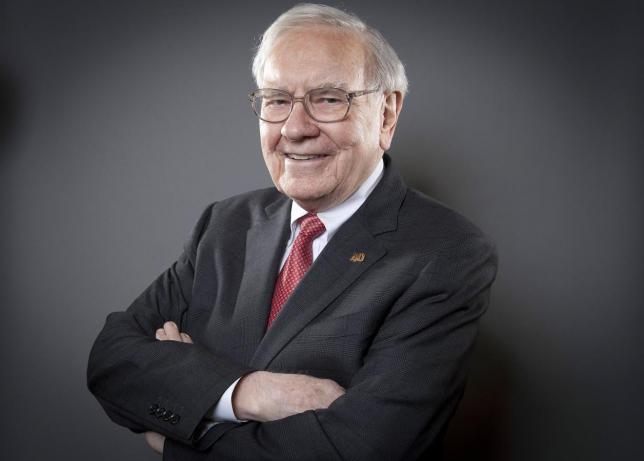Berkshire Hathaway Inc announced on Saturday a $9.8 billion writedown and also 10,000 job losses at the Precision Castparts aircraft and the industrial parts business, as the coronavirus or COVID-19 pandemic resulted in widespread suffering for Warren Buffet's conglomerate.
Berkshire that got Precision for $32.1 billion in 2016 in its biggest acquisition, stated that coronavirus caused the airlines to cut aircraft orders, which resulted in significantly less demand for the products of Precision and fall in revenue by around one-third.
It also said results may continue suffering as the unit undertakes an "aggressive restructuring" to shrink operations to meet lowered demand. Precision ended 2019 with 33,417 employees, meaning it has since shed 30 percent of its workforce.
Berkshire Hathaway Takes Big Writedown

Precision was not the only drag on Berkshire, which said the pandemic has caused "relatively minor to severe" damage to most of its more than 90 operating businesses, which include the BNSF railroad, Geico auto insurer and See's candies.
Berkshire said it also took a $513 million charge on its 26.6 percent stake in Kraft Heinz Co, which on July 30 took writedowns on several of its businesses, including its Maxwell House and Oscar Mayer brands. The charges cut into Berkshire's bottom line, though the Omaha, Nebraska-based conglomerate nevertheless posted an 87 percent increase in second-quarter net income because of unrealized gains in its common stock investments such as Apple Inc
Berkshire said it repurchased $5.1 billion of stock in the quarter, a record for the company, and confirming its hint in a July 8 regulatory filing that it had become more aggressive with buybacks after loosening its buyback policy in 2018. Quarterly net income rose to $26.3 billion, or $16,314 per Class A share, from $14.07 billion, or $8,608 per share, a year earlier.
An accounting rule requires Berkshire to report unrealized stock losses and gains with net results, causing huge swings that Buffett considers meaningless. Berkshire had posted a $49.75 billion net loss in the first quarter. Second-quarter operating profit fell 10 percent to $5.53 billion, or about $3,463 per Class A share, from $6.14 billion, or $3,757 per share, a year earlier.
Revenue at the BNSF railroad fell 22 percent and profit fell 15 percent, reflecting reduced shipping volumes, while lower travel demand caused a 31 percent revenue decline at the NetJets corporate jet unit. In contrast, Geico said pretax underwriting profit increased fivefold to $2.06 billion because people drove less often, resulting in significantly fewer accident claims.
But that bump is likely to be temporary. Berkshire said Geico could suffer underwriting losses in the third and fourth quarters because it is giving $2.5 billion of credits to people who renew their auto and motorcycle policies. Berkshire also ended June with $146.6 billion of cash and equivalents, in part because Buffett exited his bet on the airline industry by selling $6 billion of stock.
(With agency inputs)








